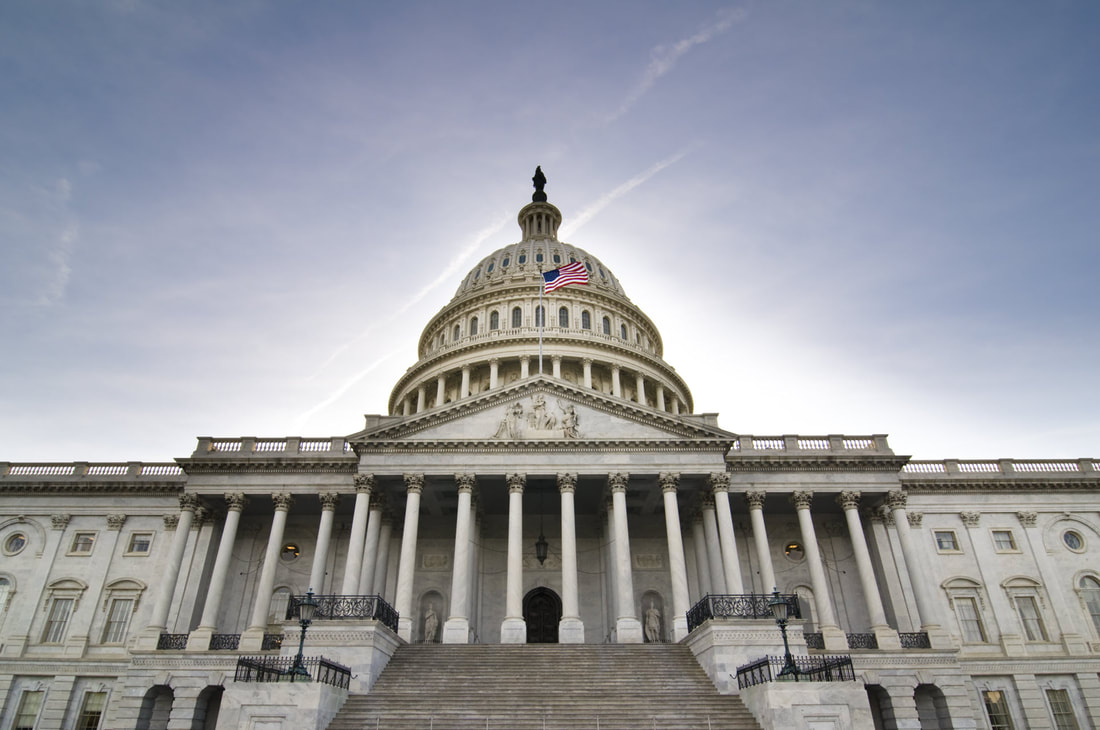Tell Congress to Oppose Proposals to Lower
the Medicare Eligibility Age
NAHU - September 7, 2021
Medicare has frequently been used as a friendly and familiar word to use by those who advocate for a single payer system in the United States. Beneficiary satisfaction rates for Medicare and Medicare Advantage are generally high and using the word “Medicare” or using Medicare as a starting off place for changes often draws the attention even of those who otherwise would say they aren’t interested in a single-payer health care system. Lowering the eligibility age for Medicare raises a number of alarming issues not only for the ongoing viability of Medicare itself, but also for the private individual market and the employer market.
Any time the government offers a product that competes with private coverage, it creates an unlevel playing field in the insurance market where it is offered, because the government plan can mandate that providers accept lower payment rates while private plans must negotiate the best rates they can. The difference between Medicare rates and private plan rates can range from Medicare rates being from 80-90% lower to 800-900% lower. Since medical expenses are the biggest part of any premium dollar by law, this means that the competing plan offered by the government will be priced artificially lower than private coverage. Eventually these government plans would push private coverage out of existence.
Lowering the eligibility age for Medicare would create an un-level playing field in the current individual market because of this unfair pricing differential. It creates a similar problem in the employer market, because under current proposals, employees in employer-sponsored plans would be able to opt out of employer coverage in favor of buying into Medicare. Additionally, in the employer market, this opt-out ability would create adverse selection in the employer market as those opting out of employer coverage in favor of Medicare would likely be most attractive to employees who were younger and healthier since Medicare benefits are less generous than those found in most employer sponsored plans. This would leave those remaining in the employer coverage likely to be older and sicker, potentially damaging the viability of the pool of covered individuals in the employer plan.
Finally, offering coverage to a new population in Medicare would be expensive and difficult to price accurately. With Medicare Insolvency looming, expanding the program now does not seem prudent or fiscally appropriate. It would be wiser to address cost of care issues that affect every part of health care delivery, both private and public and create solutions that will be effective for all types of health plans.
We are calling on all NAHU members to join us in our efforts to urge Congress to oppose any efforts to lower the eligibility age of Medicare.
Any time the government offers a product that competes with private coverage, it creates an unlevel playing field in the insurance market where it is offered, because the government plan can mandate that providers accept lower payment rates while private plans must negotiate the best rates they can. The difference between Medicare rates and private plan rates can range from Medicare rates being from 80-90% lower to 800-900% lower. Since medical expenses are the biggest part of any premium dollar by law, this means that the competing plan offered by the government will be priced artificially lower than private coverage. Eventually these government plans would push private coverage out of existence.
Lowering the eligibility age for Medicare would create an un-level playing field in the current individual market because of this unfair pricing differential. It creates a similar problem in the employer market, because under current proposals, employees in employer-sponsored plans would be able to opt out of employer coverage in favor of buying into Medicare. Additionally, in the employer market, this opt-out ability would create adverse selection in the employer market as those opting out of employer coverage in favor of Medicare would likely be most attractive to employees who were younger and healthier since Medicare benefits are less generous than those found in most employer sponsored plans. This would leave those remaining in the employer coverage likely to be older and sicker, potentially damaging the viability of the pool of covered individuals in the employer plan.
Finally, offering coverage to a new population in Medicare would be expensive and difficult to price accurately. With Medicare Insolvency looming, expanding the program now does not seem prudent or fiscally appropriate. It would be wiser to address cost of care issues that affect every part of health care delivery, both private and public and create solutions that will be effective for all types of health plans.
We are calling on all NAHU members to join us in our efforts to urge Congress to oppose any efforts to lower the eligibility age of Medicare.
- Contact your senators and representative. Send an Operation Shout today urging lawmakers to oppose efforts to lower the Medicare eligibility age.
- Tell your clients to take action. Your clients that will be directly impacted by the lowering of the Medicare eligibility age can also send a direct message about why their legislators should oppose these efforts. Tell them to take action here!

